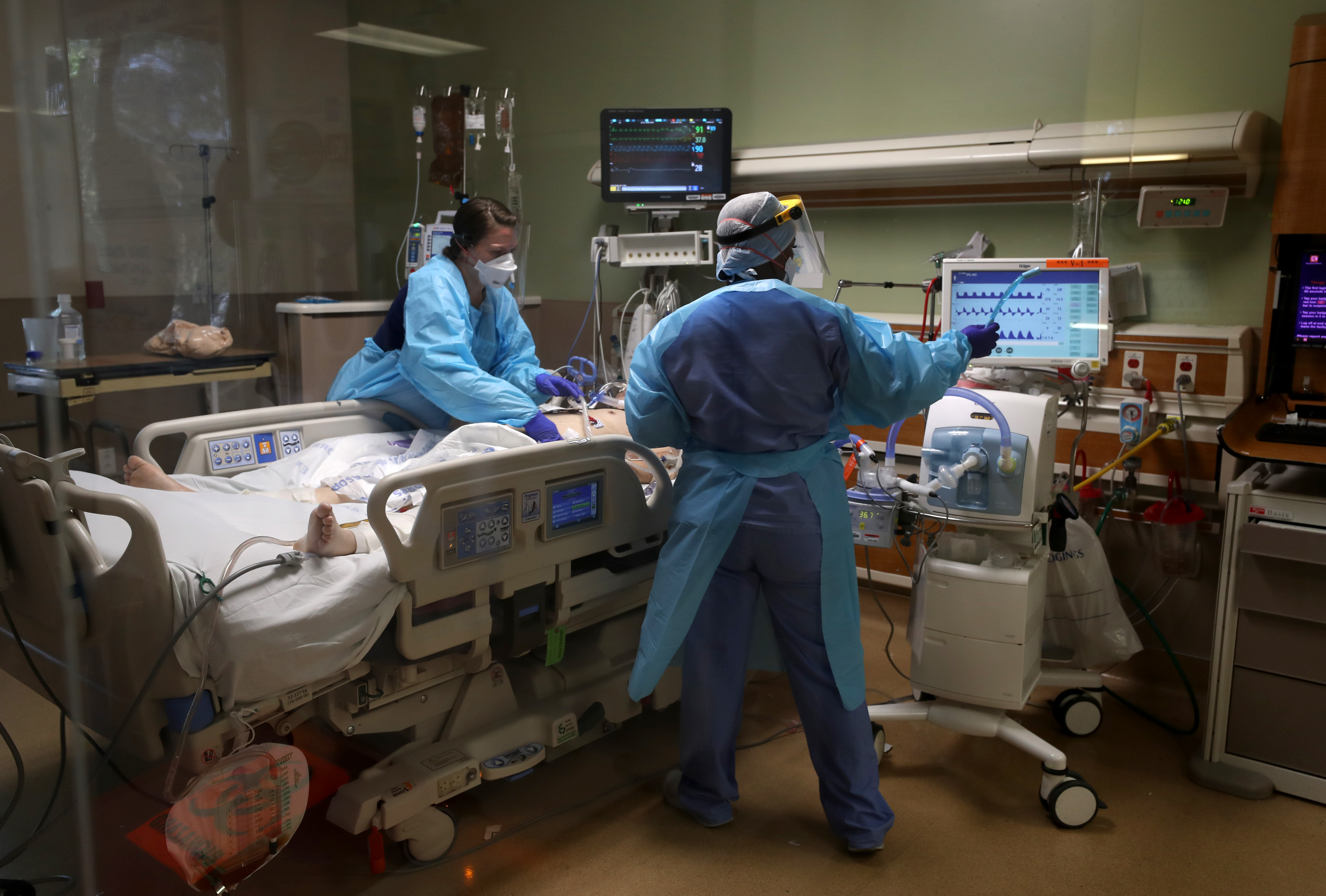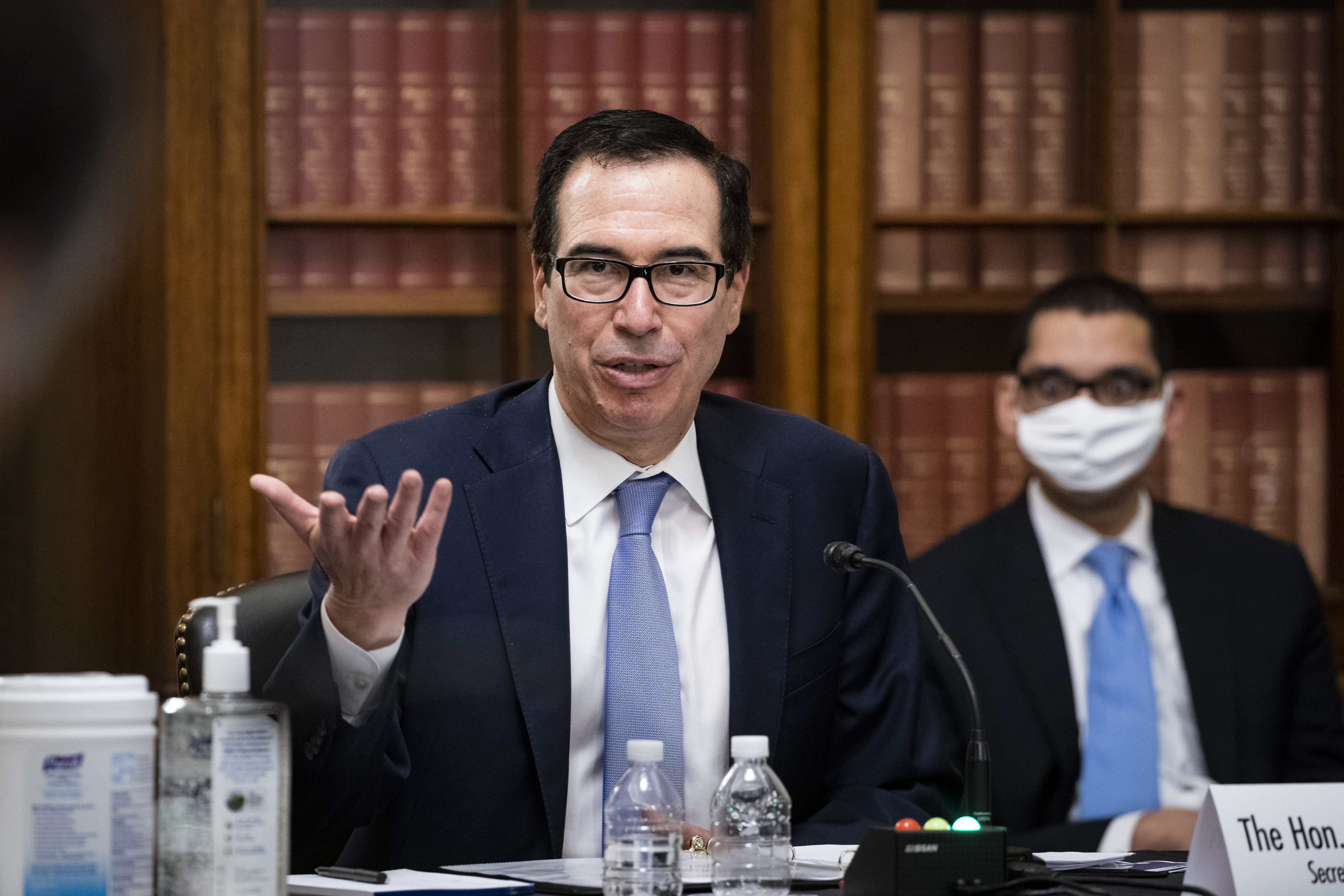What to Know
- Florida added more than 2,000 new cases to its daily count for the second time in a row Sunday
- With 2,016 new cases, the state's total rose to 75,568, according to the Florida Department of Health
- Another 6 new deaths related to the virus were confirmed, bringing the state's total to 2,931
Florida added more than 2,000 new cases to its daily count for the second day in a row Sunday morning, as another 6 new deaths related to the virus were confirmed.
With 2,016 new COVID-19 cases, the state's total rose to 75,568, according to figures released by the Florida Department of Health. The state's death toll rose to 2,931.
Florida had reported a record-breaking 2,581 new cases on Saturday. 1,902 new cases were added Friday and 1,698 Thursday.
Infectious disease experts have warned that reopenings could bring virus numbers back up in Florida as the coronavirus pandemic continues to rage, and the recent numbers have led local officials in Miami to consider whether tighter restrictions should be put back in place.
CORONAVIRUS LATEST
In Miami-Dade, the county's case total rose to 21,917 Sunday morning as the county's virus-related deaths rose to 825. In Broward County, there were 8,928 COVID-19 cases reported with 357 virus-related deaths.
Palm Beach County had 8,833 cases and 426 deaths. Monroe County had 129 cases and 4 reported deaths.
The numbers reported by the state Department of Health mark the 11th out of 12 straight days in which new cases have topped 1,000. Gov. Ron DeSantis and local officials began relaxing rules on businesses, beaches, theme parks and gatherings in May.
Statewide, more than 1,409,900 people have been tested for COVID-19, with the percent positive remaining around 5.4%. More than 11,900 hospitalizations for COVID-19 have been reported in Florida to-date.
City of Miami Mayor Francis Suarez said last week that he would be making decisions about regulations this weekend, and he is not ruling out renewing a stay-at-home order.
Suarez has a call scheduled with the Florida Department of Health Monday.
“We are looking at the numbers daily. The curve has re-flattened," Suarez said. "It had a decent downward slope until the last two weeks, (not including) Memorial Day and the protests.”
Dr. Aileen Marty, an infectious disease expert with Florida International University, told NBC 6 this week that she's been seeing an increase in COVID-19 patients being hospitalized.
Miami-Dade County data reveals 61 COVID patients were admitted in the county yesterday, the highest number of any day this month.
The surge in positive coronavirus cases comes as Florida is set to become a hub for major sports leagues. The NBA, Major League Soccer, the Amateur Athletics Union Junior Olympics and others plan to hold games and events in Florida, potentially drawing thousands of people to the state from around the world.
DeSantis, a Republican and close ally of President Donald Trump, has said he does not think the reopening of the state is connected to the increase in coronavirus cases. On Friday, DeSantis said at a news conference that much of the surge can be attributed to increased testing for the virus — especially in younger people.
“What we’re seeing is of the people that are testing positive way more are in the (age) 25 to 45 than was happening two months ago,” DeSantis said. “The clinical consequences of them testing positive is usually very, very modest because they are not in the high-risk groups.”
Overall, as of Saturday, Florida has tested about 1.4 million people for the coronavirus, with about 5.4% testing positive, according to the Department of Health.
The vast majority of people who test positive for the coronavirus recover and many never experience any symptoms. The disease is particularly dangerous for the elderly and people who have pre-existing health problems.



